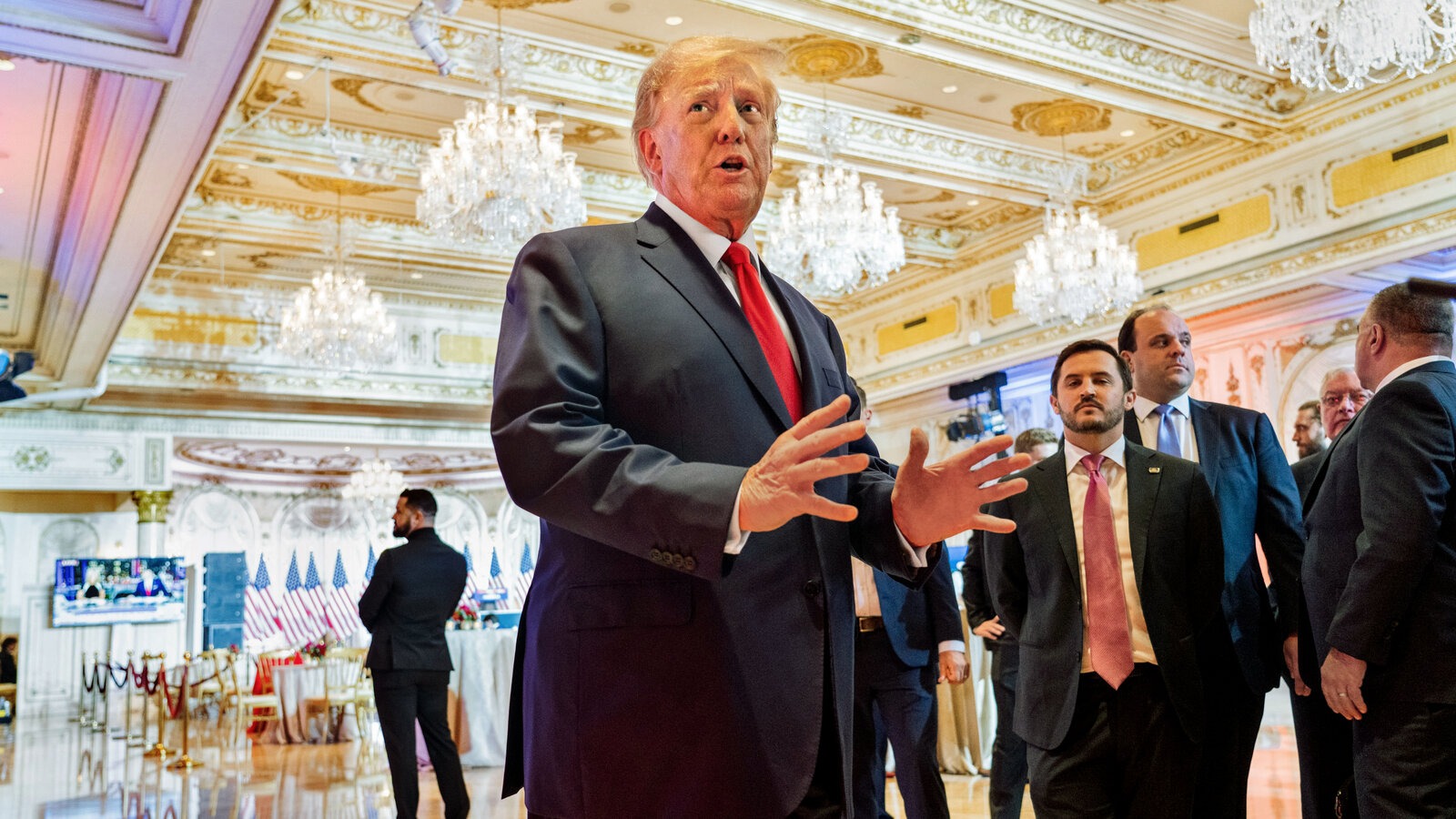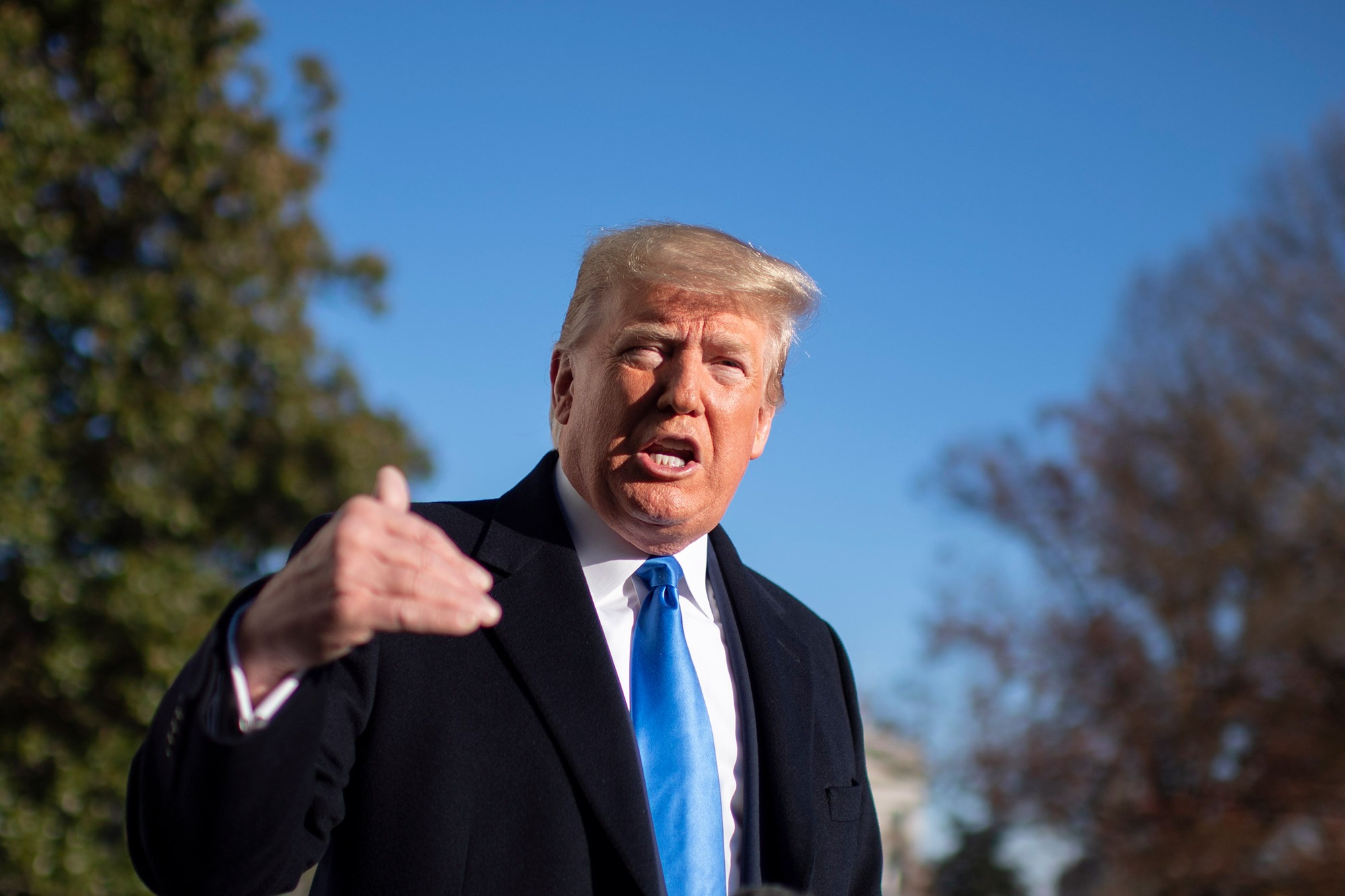Despite Donald Trump’s significant wins in the primaries and the departure of his last rival, new polling data reveals that his favorability among Americans remains low.
According to an ABC News/Ipsos survey conducted between March 8-9, only 29 percent of the 536 U.S. adults surveyed have a favorable view of the former president, while a significant majority—59 percent—view him unfavorably.
These findings come on the heels of Trump’s sweeping victories on Super Tuesday, where he clinched all but one of the primaries, bringing him closer to securing the necessary delegates to become the presumptive Republican nominee.

Trump currently holds 1,075 out of the 1,215 delegates required, with upcoming primaries potentially sealing his victory. Despite his electoral success, Trump’s popularity has stagnated, showing little change since last summer. Previous polls conducted last year consistently showed him hovering around a 30 percent favorability rating.
This stability in his favorability, within a margin of error of 4.5 percent, indicates a persistent challenge for Trump as he navigates the political landscape.
Trump’s low favorability ratings could be attributed to several factors. His controversial statements and actions during his presidency, including his handling of the COVID-19 pandemic and his role in the January 6th Capitol riot, have left a lasting impact on public perception.

His divisive rhetoric and confrontational style have polarized opinions, with many Americans viewing him as unfit for office.
Despite these challenges, Trump remains a dominant figure within the Republican Party, with a strong base of supporters. His ability to rally his base and mobilize voters has been a key factor in his success in the primaries.
However, his low favorability ratings among the broader electorate could pose a challenge in the general election, where he will need to appeal to a wider range of voters to win.
Looking ahead, Trump’s focus will likely be on consolidating support within his party and reaching out to moderate and independent voters. He will need to carefully navigate the political landscape and avoid further controversies to improve his favorability ratings and strengthen his chances in the general election.


